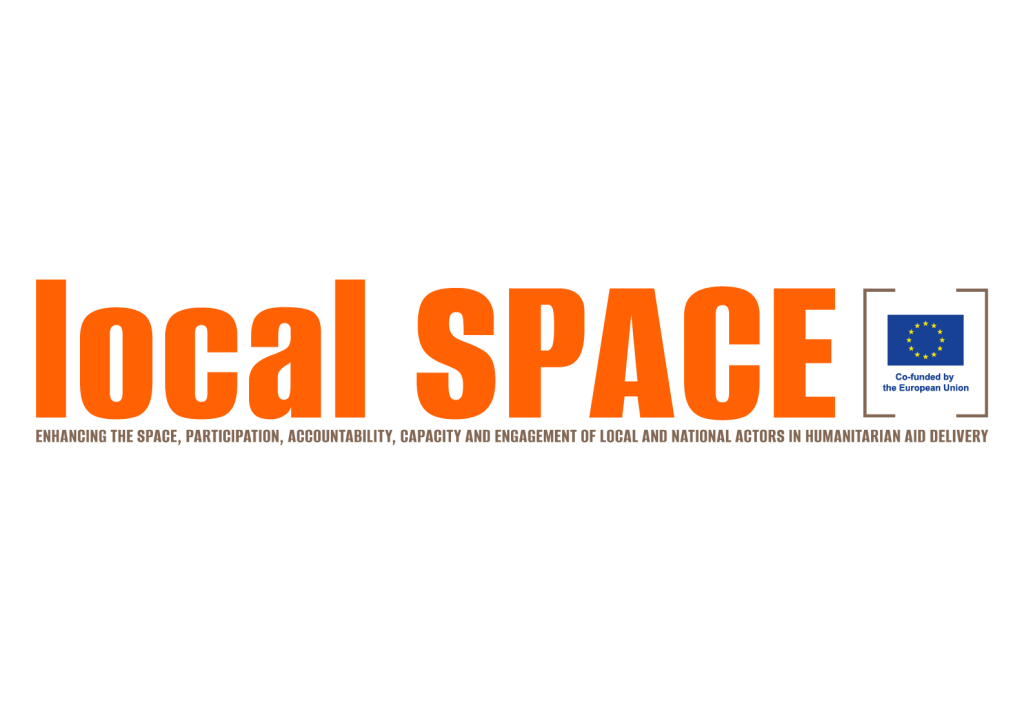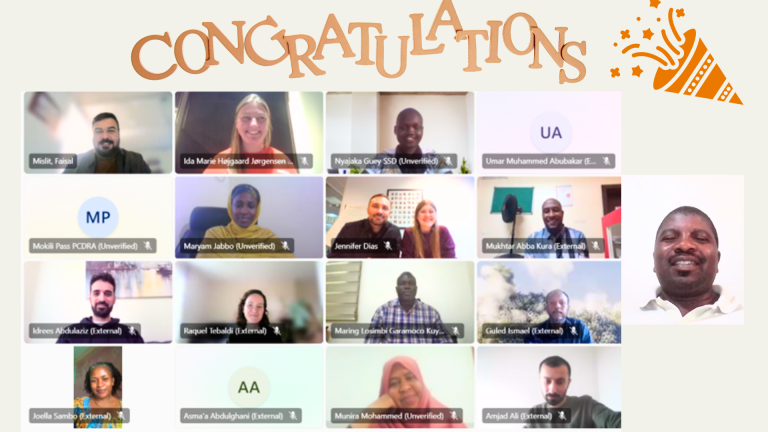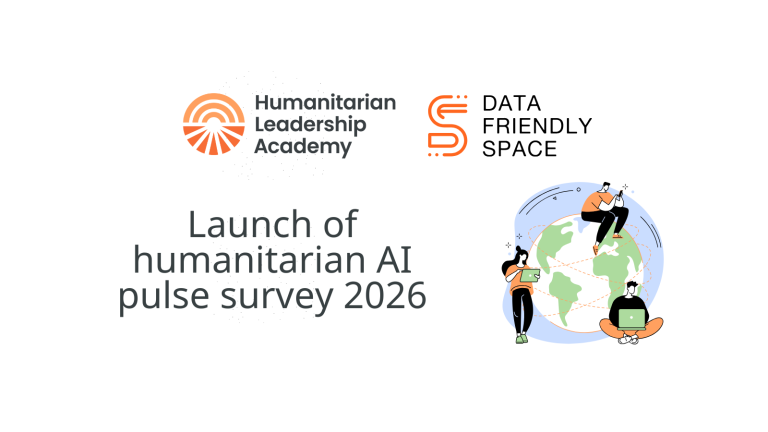EU supports local first responders in emergencies in six countries
The Humanitarian Leadership Academy with support from the European Union is partnering with three international non-governmental organisations (NGOs): Trócaire, CAFOD, and Christian Aid in a DanChurchAid (DCA) led consortium to empower local and national organisations to take the lead in humanitarian response in Nigeria, South Sudan, Ethiopia, DRC, Iraq and Myanmar.
The Local SPACE project aims to strengthen institutional and leadership capacities of local and national actors; promote more equitable partnerships; and enable local actors to meaningfully engage in humanitarian decision-making and response. The goal is to foster a more inclusive, accountable, and effective humanitarian system that recognises and supports local leadership.
Faisal Mislit, Crisis Response Project Lead at the HLA shared insights on the expected outcomes for local actors through this project:
“By July 2026, local organisations involved in this programme will have benefited from a range of capacity and system strengthening activities. Local organisations will have benefited from leadership coaching, and local leaders will have undertaken professional training in coaching skills to further support their organisations. We also anticipate over 1,600 people accessing the free Local SPACE learning portal Kaya expected to go live soon.
We are grateful to be involved in this programme which is going to see 24 local NGOs receive individual coaching. The process is truly localised as the NGOs will be selected by their local networks, according to collectively agreed criteria.”
As part of this DCA-led consortium, the Humanitarian Leadership Academy is developing a learning hub and leadership pathways available for free access on Kaya.
Phil Street, Digital Learning Project Lead at the HLA said:
“Through the Local SPACE hub hosted on Kaya, the HLA brings together curated resources under easy to access sections. This platform will continue to evolve, displaying relevant material, training and case studies to meet the needs of learners.
Kaya is HLA’s free e-learning platform – currently hosting over 800 learning resources available in up to 12 languages, covering a wide span of humanitarian topics and reaching over 850,000 humanitarians globally.”
The Local SPACE project is in alignment with HLA’s priorities to drive collective action, nurture humanitarian leaders and convene local spaces while accelerating a movement for locally led humanitarian action.
Through the project’s network-based approach, local and national actors – especially marginalised, women-led, and refugee-led groups will engage in training, mentoring, peer learning, and leadership development. This will contribute to organisations with stronger leadership, improved internal systems and greater access to funding and decision-making spaces.
Media Contacts:
- Nwabundo Okoh – n.okoh@savethechildren.org.uk
- Faisal Mislit – faisal.mislit@savethechildren.org



